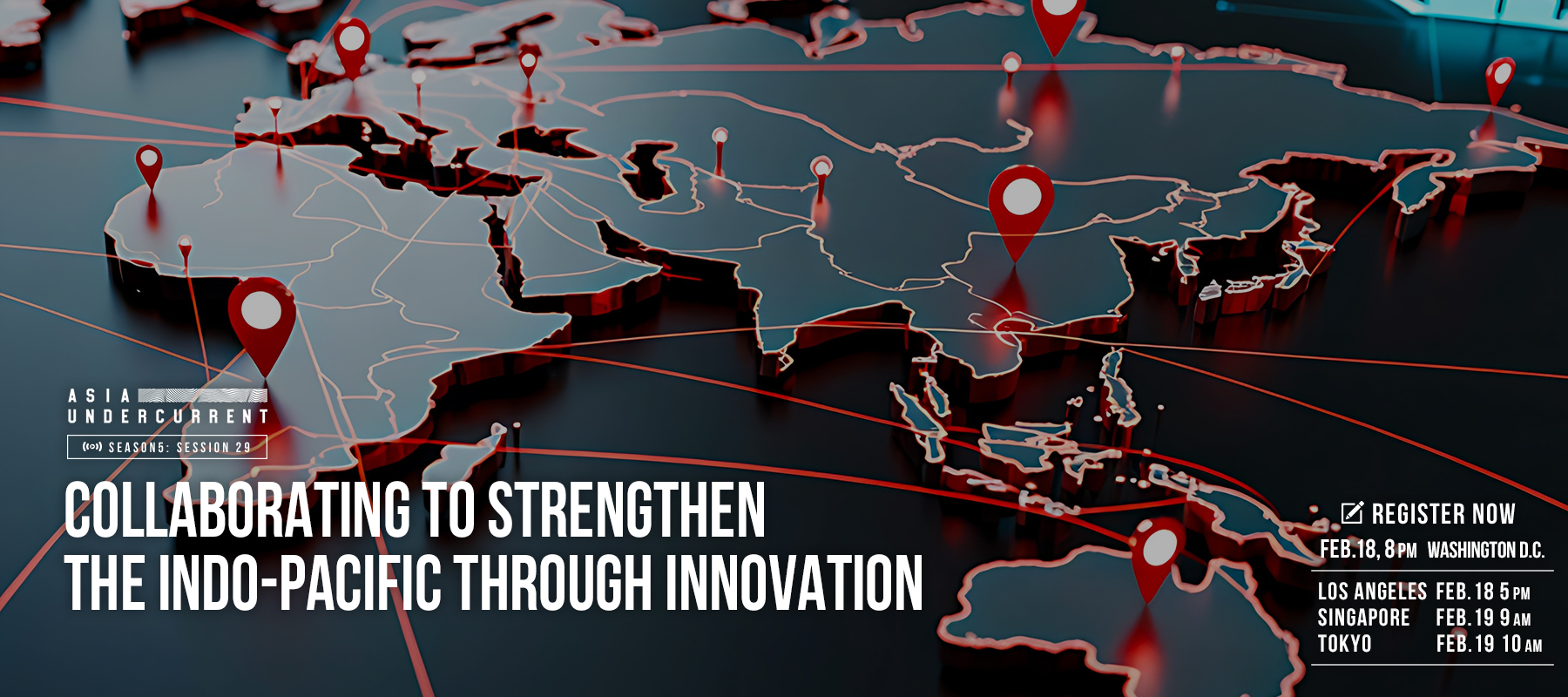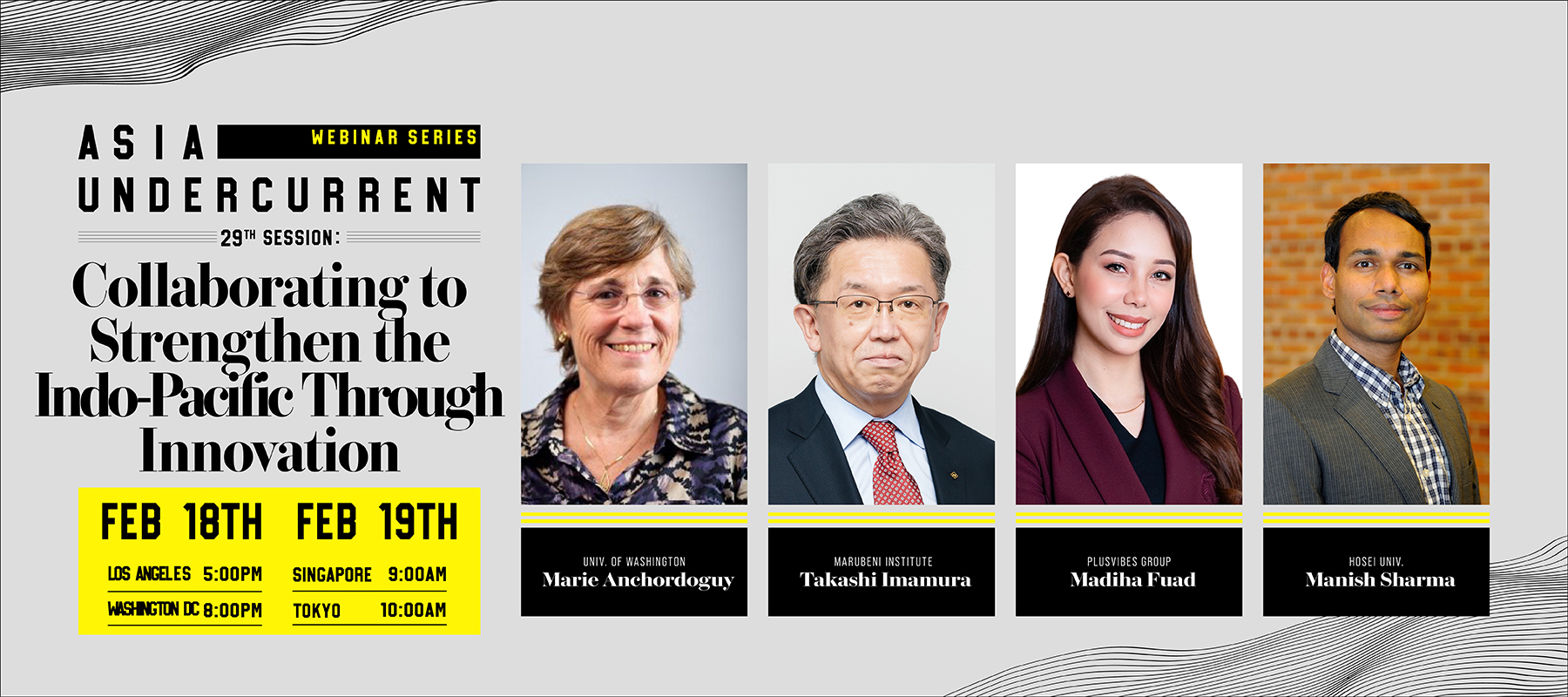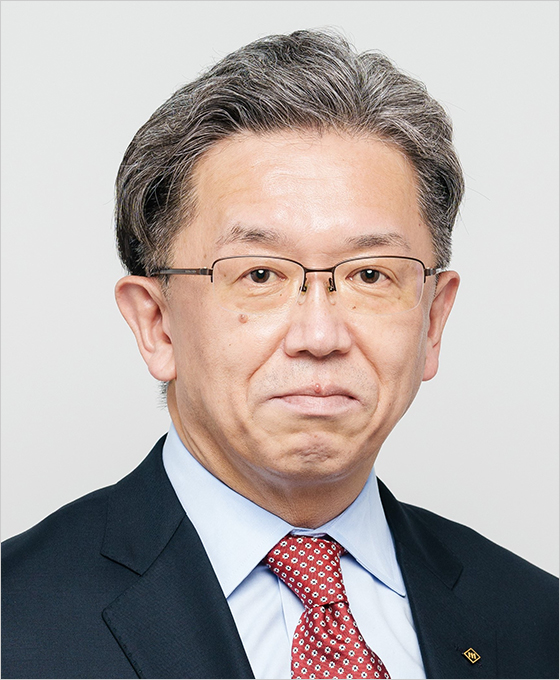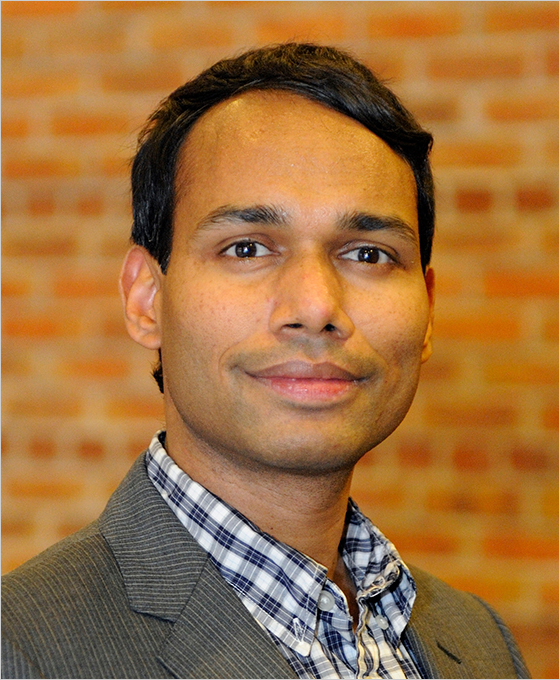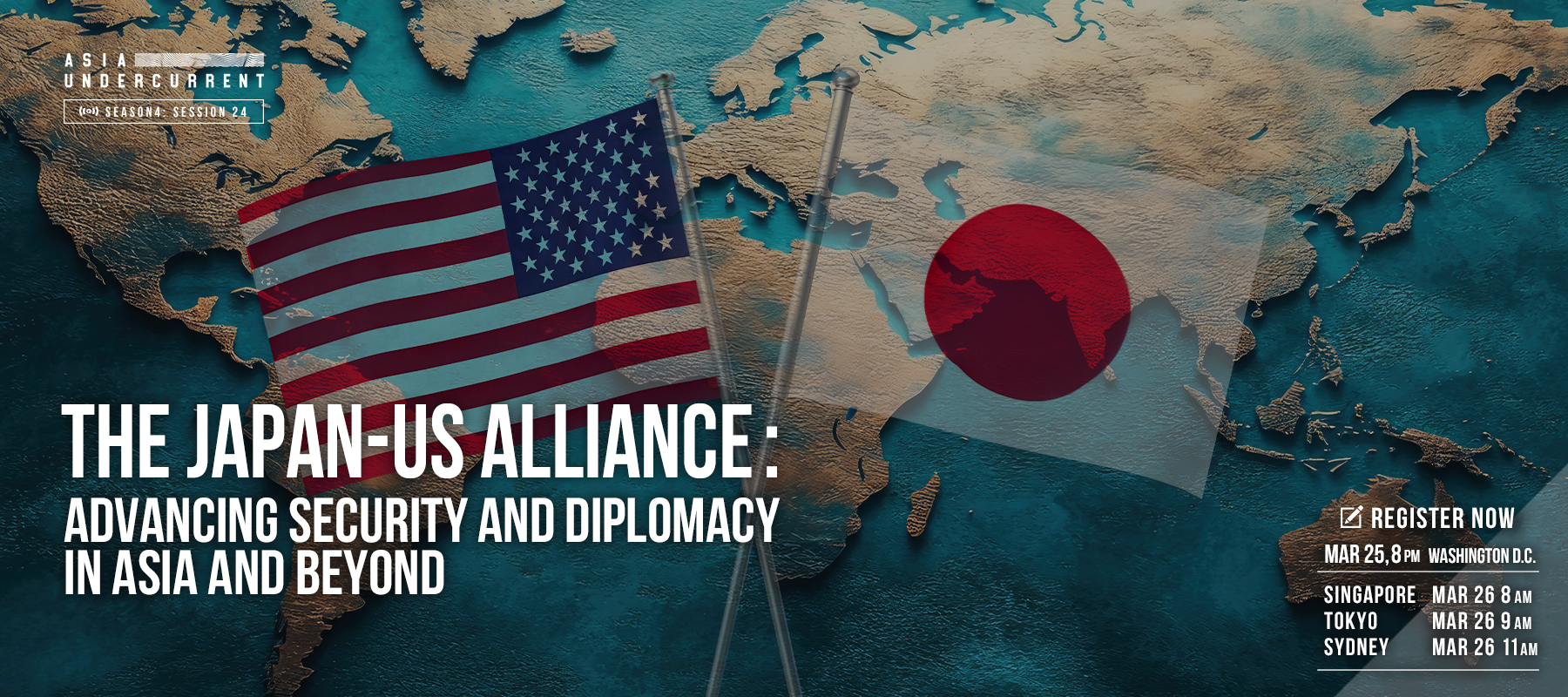ASIA UNDERCURRENT SEASON5
- SESSION 29 -
As new challenges to the global order arise and economic ties become more fluid, Japan and other nations in the region have taken steps to strengthen their economic independence, as industrial resilience emerges as a significant priority. Innovation—be it through R&D incentives, multilateral cooperation, or strategic investment—has become all the more important for nations like Japan and likeminded countries in the Indo-Pacific to future-proof their growth industries.
For instance, the Council for Japan’s Growth Strategy launched last November under Prime Minister Takaichi builds on past innovation frameworks to help bolster key industries ranging from critical minerals to quantum computing. In parallel, the ASEAN Plan of Action on Science, Technology and Innovation (APASTI) place these three items at the heart of the bloc’s development strategy. Major players like India have also stepped up their efforts to lead with initiatives such as the Anusandhan National Research Foundation (ANRF) to coordinate government, academic, and private efforts.
These initiatives, and many others across the Indo-Pacific, represent a major advancement in each region’s pursuit of self-sustaining innovation. On the other hand, no country can truly do it alone in such an interconnected world. Regional partnerships remain vitally important even in the face of reshaped economic ties between major and middle powers and rising threats from actors seeking to forcibly alter the status quo. This begs certain questions: How can countries in various situations with a variety of backgrounds such as Japan, India, and other Indo-Pacific countries leverage their own strengths while pursuing cross-border collaboration? Furthermore, how can a combination of public and private action contribute not only to innovation, but also to roll-outs of such new developments in science and technology? And finally, how do countries best deploy both monetary and human capital on a cross-border scale without compromising their own industrial security?
...read more ☒
To delve into the issue of innovation, economic resilience and growth for both Japan and the Indo-Pacific, we turn to our expert panel led by Prof. Marie Anchordoguy (Professor Emerita of Japan Studies and International Studies in the Henry M. Jackson School of International Studies at the University of Washington [UW]) and joined by Mr. Takeshi Imamura (CSO, Marubeni Corporation; President, Marubeni Institute), Dr. Madiha Fuad (Founder & CEO, PlusVibes Group), and Dr. Manish Sharma (Professor of Economics, Hosei University and Visiting Research Fellow, Institute of Geoeconomics [IOG]).
This 75-minute live webinar will include commentary, debate, and live Q&A from the audience. We hope that you can join us for this productive discussion about foster investment, growth, and sustained innovation.
OUTLINE
- Date & Time:
-
Los Angeles:
Wednesday, February 18, 5:00 PM – 6:15 PM (PST)
Washington D.C.:
Wednesday, February 18, 8:00 PM – 9:15 PM (EST)
Singapore:
Thursday, February 19, 9:00 AM – 10:15 AM (UTC+8)
Tokyo:
Thursday, February 19, 10:00 AM – 11:15 AM (UTC+9)
- Location:
-
LIVE STREAMING
- Fee:
-
FREE OF CHARGE
